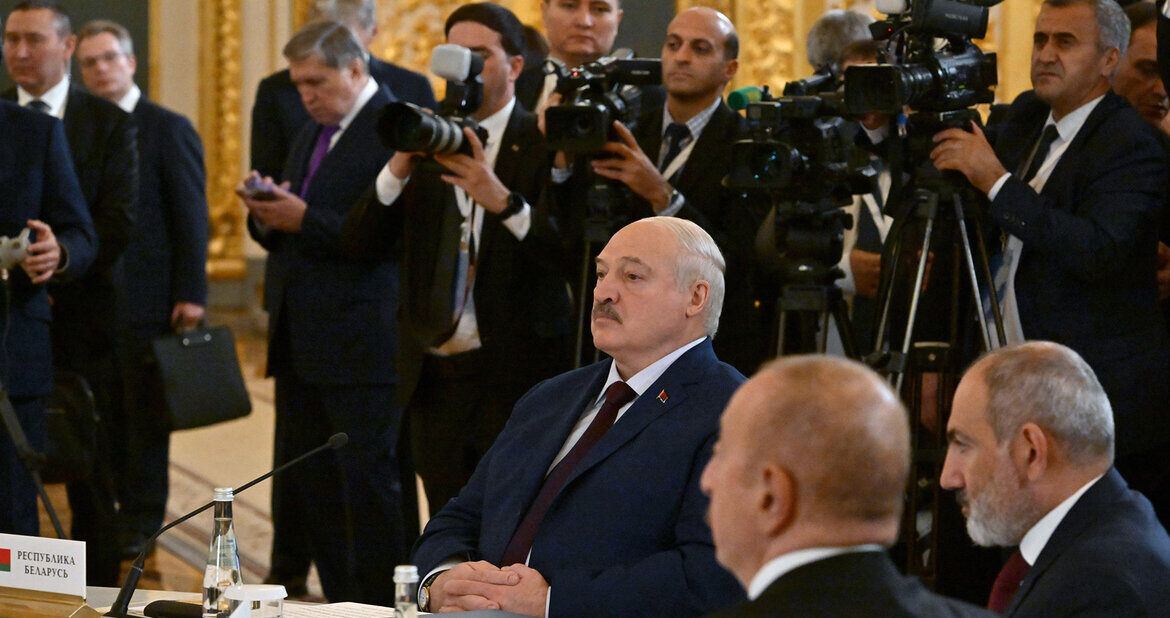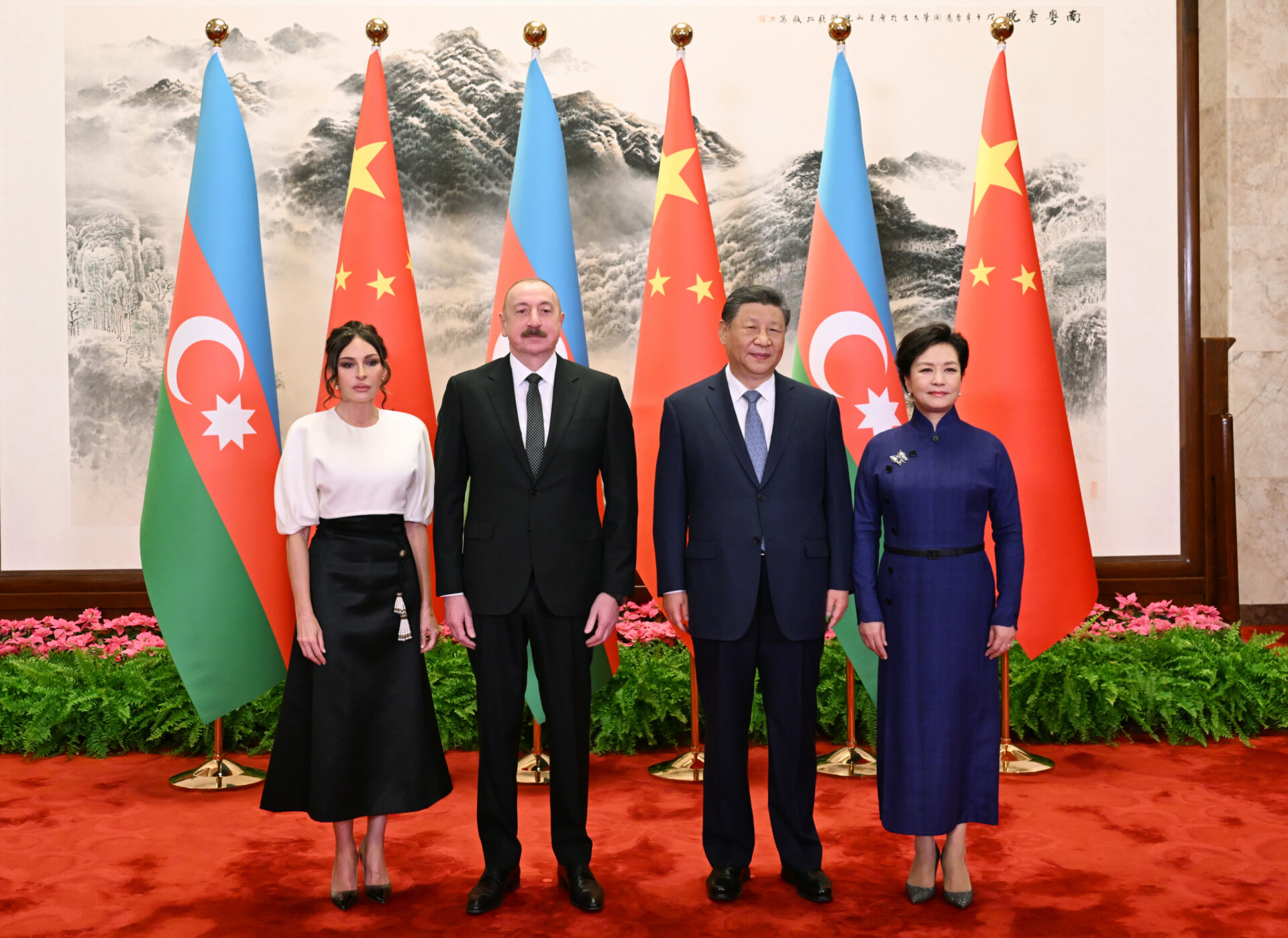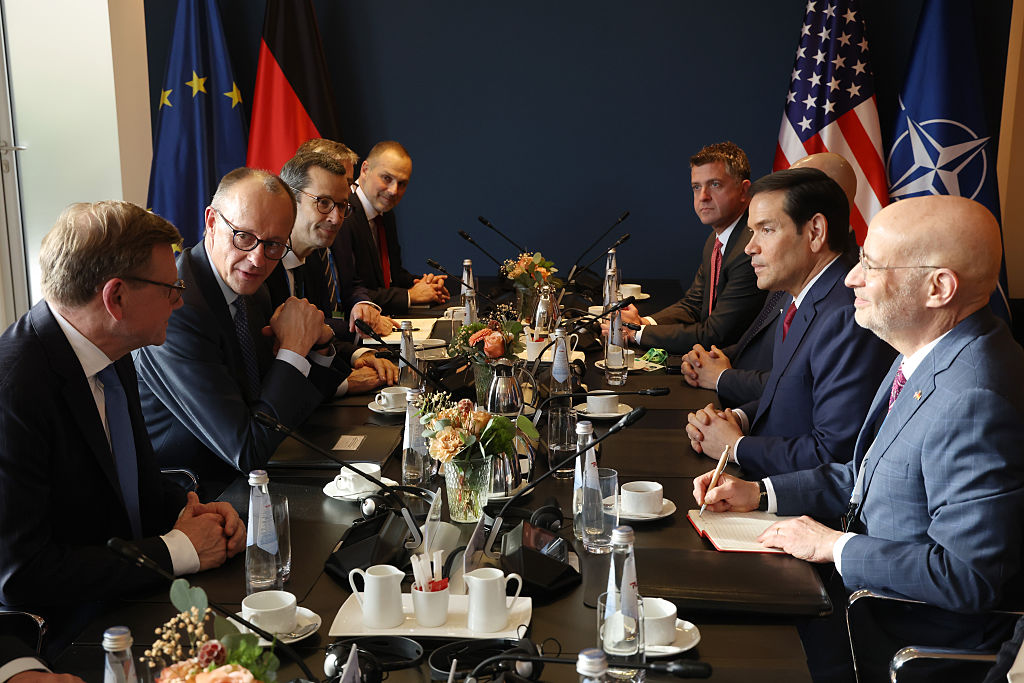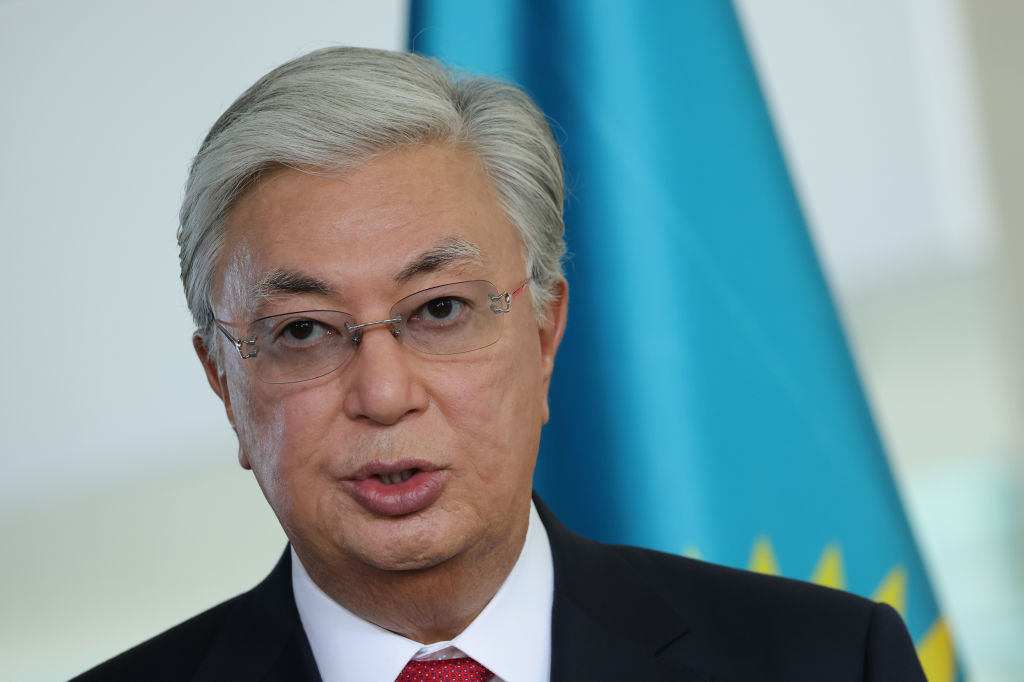
Belarus Rediscovering Commonwealth of Independent States
Belarus Rediscovering Commonwealth of Independent States
Executive Summary:
- Belarusian President Alyaksandr Lukashenka attended the Commonwealth of Independent States (CIS) summit in Moscow, highlighting the continued significance of the organization for Belarusian foreign policy.
- For Minsk, the CIS is increasingly attractive, as the logistical semi-blockade on Belarus’s western border has prevented it from engaging with Western countries and blocs.
- Belarus is likely to play a balancing act, exploring avenues for cooperation within the CIS while also pursuing new partnerships across Asia and Africa.
On October 7–9, Belarusian President Alyaksandr Lukashenka visited Moscow, where he participated in several multilateral and bilateral events. Notably, he took part in the Commonwealth of Independent States (CIS) summit, which gathered the heads of state and government from its nine members (President.gov.by, October 8; E-cis.info, October 9). Reflecting ongoing geopolitical shifts across Eurasia, Belarus sees the CIS with renewed interest as the organization seeks to revive itself.
The CIS was established after the collapse of the Soviet Union to sustain multilateral cooperation between a number of the former Soviet republics. The Baltic republics of Lithuania, Latvia, and Estonia declined to participate in the organization, while Georgia and Ukraine stopped participating in the CIS in 2008 and 2014, respectively. Given the limited authority of the CIS, the organization plays a role in softening the economic and administrative blows produced by the disappearance of the Soviet bureaucracy, and has merely helped to ensure a “civilized divorce” between the ex-Soviet republics and preserve their cooperation (Gazeta.ru, January 22, 2018).
The CIS has been charged with engineering regular formal and informal collaboration between the officials of the original twelve member states at various administrative levels. This proved useful as the post-Soviet countries were transitioning from socialist to more market-oriented economic models and significant changes were taking place among their ruling elites. The organization’s mandate has covered a wide range of areas including defense, border policy, trade, and economic and energy collaboration, as well as legal, social, humanitarian, and cultural issues. As newly independent states with contentious borders were carved out of the Soviet republics, many of these areas contained a high potential for conflict. Although the general consensus around the importance of the CIS in the post-Soviet landscape has been rather lukewarm, although the CIS made an important contribution to preventing possible violent disintegration scenarios across the post-Soviet space in the 1990s through providing an organization for these new states to cooperate in a defined framework (Imemo.ru, accessed October 17).
For Minsk, the CIS has always had a somewhat special meaning. The original proclamation of the organization’s inception was given during the historic meeting in Belarus on December 8, 1991 that produced the Belavezha Accords and formally dissolved the Soviet Union. Moreover, the Belarusian capital became the host of the new organization’s headquarters—the CIS Executive Committee. This has always been a cherished source of diplomatic prestige for Belarusian officials, which has theoretically turned Minsk into the statutory hub for post-Soviet diplomacy. The CIS Executive Committee and the regular summits it organized, has also helped to train a new generation of Belarusian diplomats aspiring to turn the city into the region’s diplomatic center (Mfa.gov.by, accessed October 17).
The CIS’s diplomatic relevance has waned since settling the initial and most pressing administrative issues that followed the collapse of the Soviet Union and the member states’ agendas began to diverge. Additionally, the increasing rifts and outright hostilities between member-states—which have ultimately cost the organization Georgia and Ukraine—have made the CIS a much less effective and largely overlooked initiative. Already in the early 2000s, it had found itself in a deep identity crisis. New post-Soviet integration groupings with narrower and better-defined cooperation areas started to overtake the CIS in importance for the participating member states. Notably, the Collective Security Treaty Organization and the Eurasian Economic Union appeared to be better tailored to the individual needs of its participating members than the rather vague mandate of the Commonwealth.
Russia’s use of the CIS as a symbol and instrument of power over its sphere of influence has kept the organization on its feet. While many member-states have increasingly little in common, their respective partnerships with Moscow have served to underpin the CIS and other post-Soviet transnational initiatives in recent years. Yet despite its centrality, Russia’s military and economic conflicts with Georgia, Ukraine, and Moldova have continued to undermine the organization. As their cooperation with Moscow was shrinking, Tbilisi, Kyiv, and Chisinau saw little interest in maintaining fully-fledged participation in the Commonwealth. As a result, the three countries have either canceled or suspended their membership.
Until recently, these developments have not affected Belarus significantly, as it maintained good relations with all other former Soviet republics while using bilateral channels with them to compensate for reduced multilateral cooperation. Belarus has always had a vested interest in the survival of the CIS, as its disappearance would create a sizable legal gap in interstate relations across the post-Soviet space and numerous agreements concluded within the CIS framework would need to be replaced by new ones. Until a few years ago, however, the added value of the Commonwealth for Belarusian foreign policy seemed rather limited.
Minsk now sees reasons to reinvigorate the CIS. The war in Ukraine and growing US-China competition are transforming the landscape across Eurasia and revealing diverging geopolitical ambitions throughout the post-Soviet space. Western sanctions against Russia and decoupling policies vis-à-vis China are disrupting some of the region’s most important economic cooperation chains, transforming logistics, and reshaping the structure of the Eurasian political economy. These considerations have already led Belarus—and most other post-Soviet states—to think about extracting additional benefits from a more active form of cooperation within groupings such as the CIS. The logistical semi-blockade on Belarus’s western borders has prevented it from engaging with Western geostrategic alternatives, which provides further reason to double down on the Commonwealth (see EDM, March 14).
Alyaksandr Lukashenka’s speech at the recent CIS summit in Moscow appears to point in that direction (President.gov.by, October 8). He called on the other heads of state and government in the room to consider ways of improving the effectiveness of regional integration within the Commonwealth and expanding cooperation on the principles of sovereign equality and respect for each other’s national interests. He noted that the organization should focus more on facilitating economic collaboration and stressed the need to work towards the CIS’s “technological sovereignty” as a collective. He also called for member states to reduce their dependence on third parties, a comment aimed atWestern technologies.
The CIS will not become Minsk’s top foreign policy priority. It will, however, provide new avenues for cooperation that are worth exploring. In the meantime, Belarus’s newly acquired membership in the Shanghai Cooperation Organization and prospects to advance partnership with BRICS (a loose political-economic grouping originally consisting of Brazil, Russia, India, China, and South Africa) have offered far more interesting economic prospects, opening the way toward new and untapped markets across the Southern Hemisphere (see EDM, July 15). Yet, Minsk is likely to play a balancing act as it looks to engage across Asia and Africa and hopes that, over time, restoring ties with Western countries will also become feasible.


